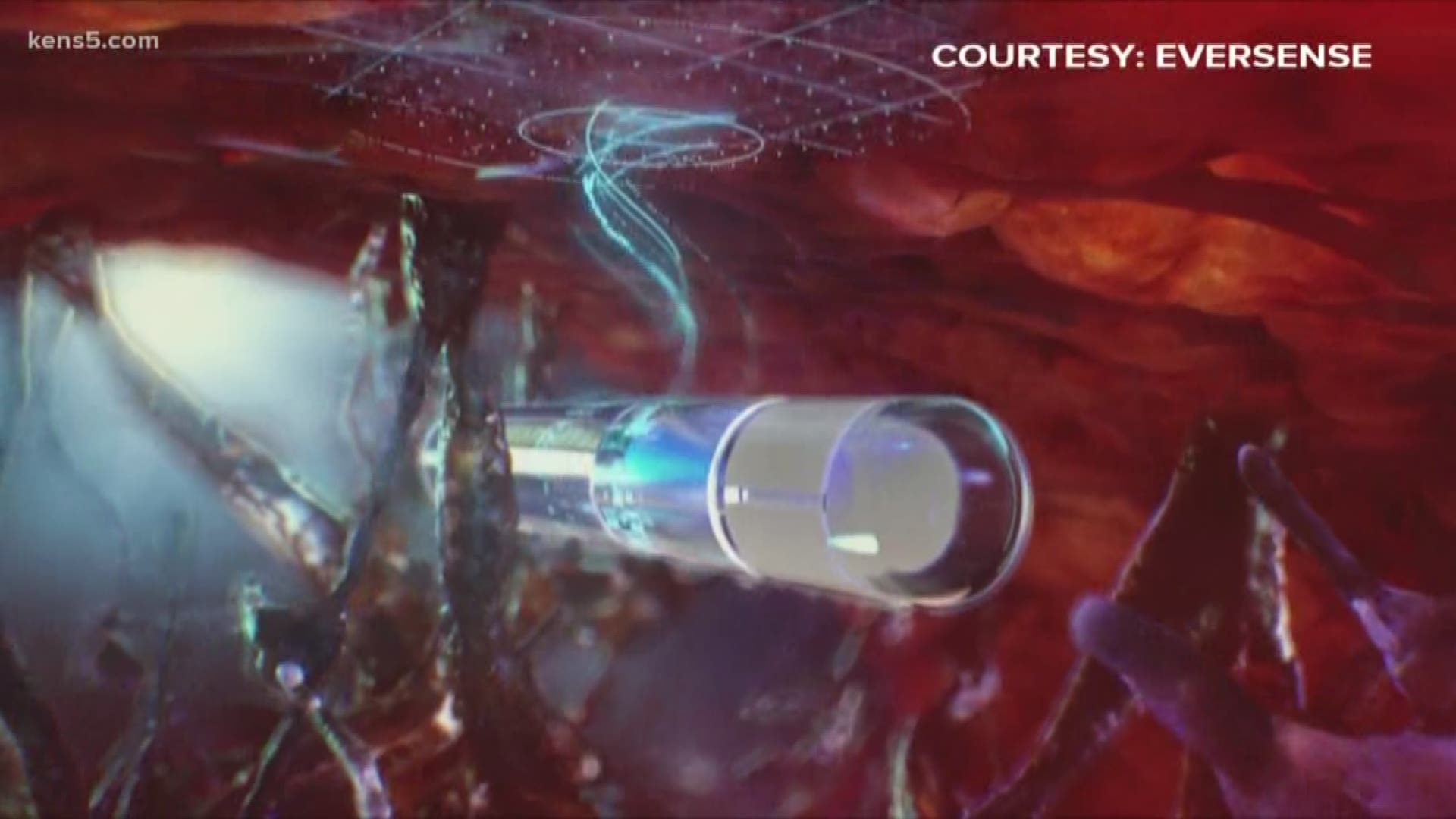SAN ANTONIO — More than one million Americans suffer from Type 1 diabetes. It develops when the body stops producing insulin, making it difficult to control your blood sugar.
"It's been just over three and a half years that I was officially diagnosed," said Type 1 diabetic Kyle Kondoff, who has been a firefighter/EMT for the past nine years. He was diagnosed when he was 27. "The reason I figured out I was Type 1 is because I work at a local hospital at the time, and I had 36 hours of blurry vision, and a nurse actually told me, 'you might be diabetic' and I thought she was crazy."
As a first responder, his diabetes is always top of mind. "If we are going to a fire, then I usually pop a glucose tab before, because I know my sugar is going to eventually come down with all the activity."
Dr. Douglas Denham, the Medical Director of Clinical Trials of Texas, said their current Type 1 trial is extremely important. "One of the things we do here at Clinical Trials of Texas in San Antonio is medical trials looking at new devices that help them monitor their blood sugars. Traditionally, we've always had the finger sticks. You have to stick yourself, put it on a little strip, the meter gives you a number, but that's like taking a picture of what your blood sugar is like. It doesn't give you a full idea, is it going up or is it coming down?"
The sensor with the core electronics is placed under the skin in the upper arm. An adhesive patch secures the transmitter to the skin. The transmitter calculates the glucose concentration every five minutes and vibrates if it is getting too high or too low. Those readings are then sent to the user's mobile device so they can track their own blood sugar.
Dr. Denham said, "The beauty of these implantable things is, once they are in you, don't have to deal with them, other than putting the sensor that actually reads the sugar and transmits it to your phone."
Kondoff said he's thrilled to be a part of this research. "All of this leads to a cure. All of this leads to new development and new technology, and no matter what, new choices for us."
To learn more about this clinical trial or other ones being conducted by Clinical Trials of Texas, call 210-949-0122, or visit saresearch.com.

